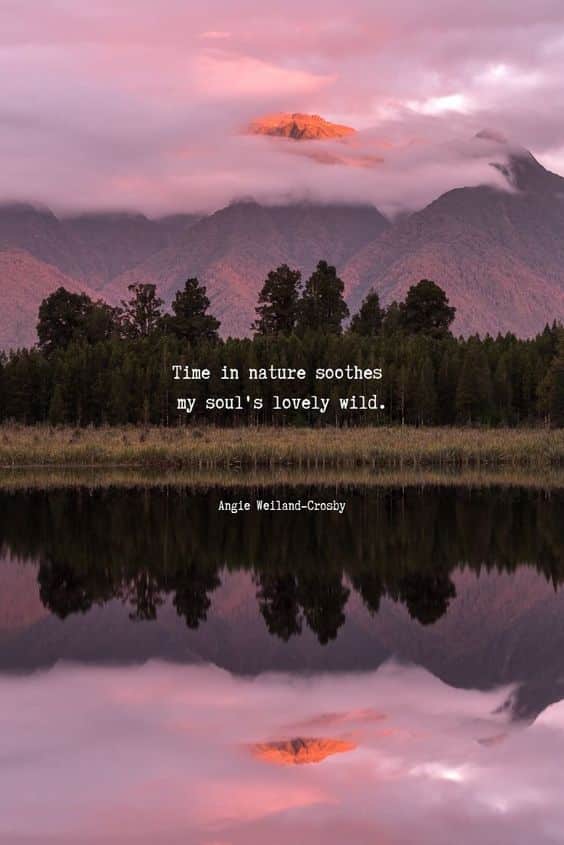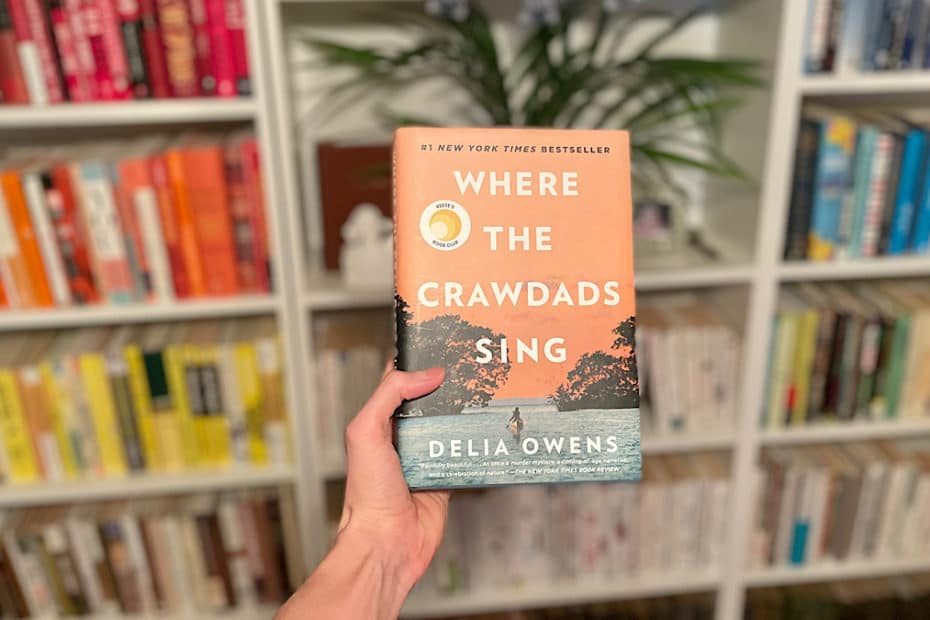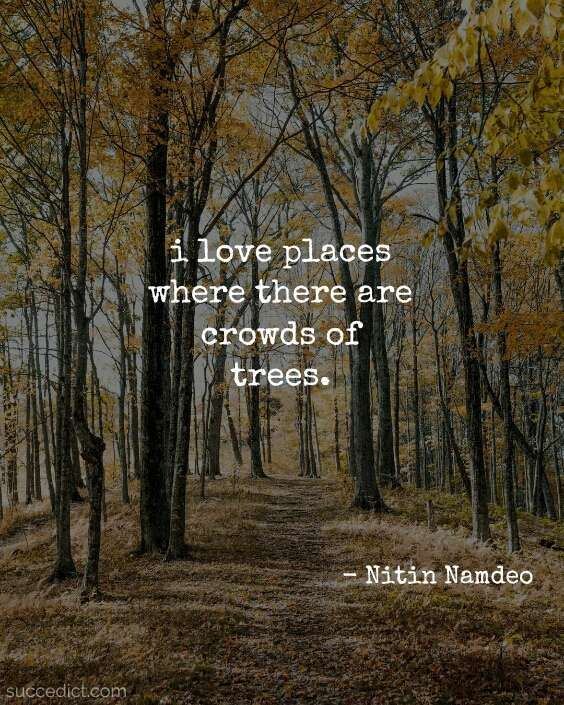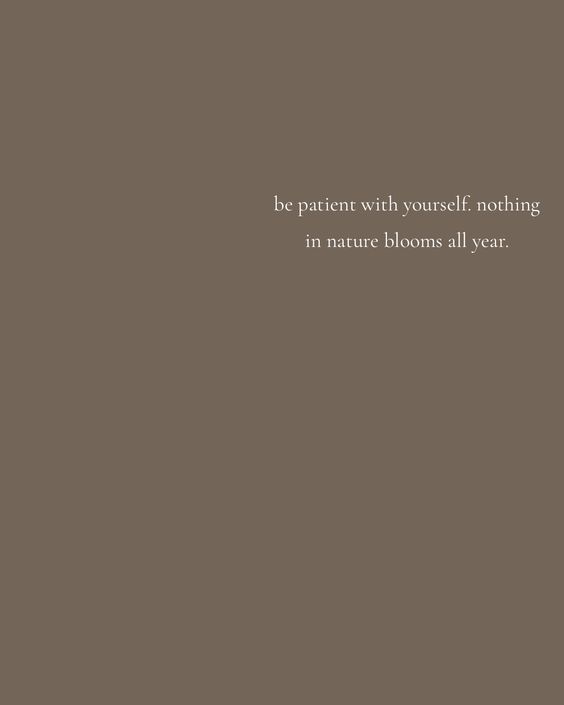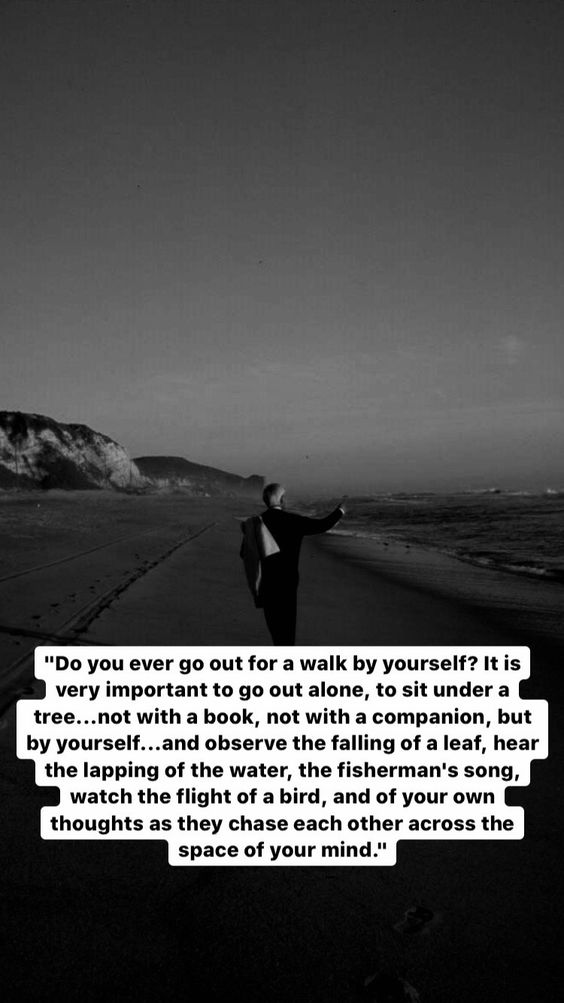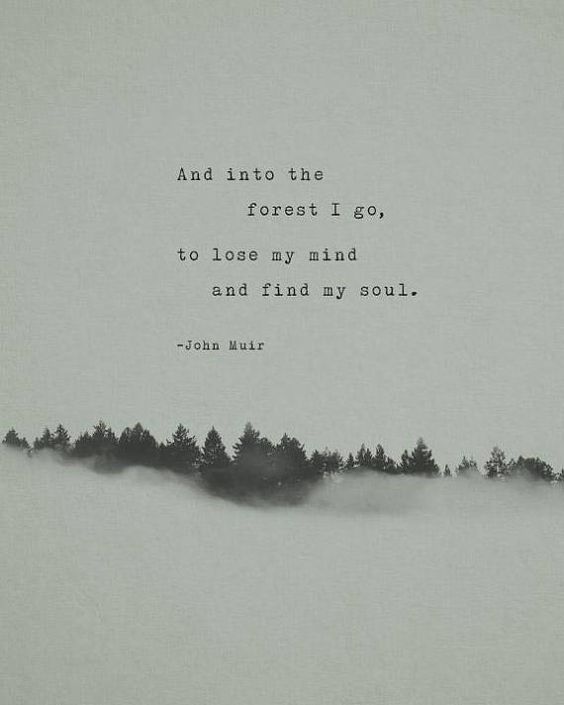Nature Quotes
“I think of the trees and how simply they let go, let fall the riches of a season, how without grief (it seems) they can let go and go deep into their roots for renewal and sleep… Imitate the trees. Learn to lose in order to recover, and remember that nothing stays the same for long, not even pain, psychic pain. Sit it out. Let it all pass. Let it go.”
May Sarton
13 Rousing Delia Owens Quotes from Where The Crawdads Sing on Abandonment, Love, and Self-Reliance
Excerpt: Featuring some powerful themes on abandonment, love, and self-reliance—these quotes from Where The Crawdads Sing will strike a cord.
Read More »13 Rousing Delia Owens Quotes from Where The Crawdads Sing on Abandonment, Love, and Self-Reliance
“Nature is merciful and does not try her children, man or beast, beyond their compass. It is only when the cruelty of man intervenes that hellish torments appear. For the rest—live dangerously; take things as they come; dread naught, all will be well.”
Winston Churchill, via The Daily Stoic (Page 280)
“She knew the years of isolation had altered her behavior until she was different from others, but it wasn’t her fault she’d been alone. Most of what she knew, she’d learned from the wild. Nature had nurtured, tutored, and protected her when no one else would. If consequences resulted from her behaving differently, then they too were functions of life’s fundamental core.”
Delia Owens, Where The Crawdads Sing (Page 363)
“She never collected lightning bugs in bottles; you learn a lot more about something when it’s not in a jar.”
Delia Owens, Where The Crawdads Sing (Page 142)
“And just at that second, the wind picked up, and thousands upon thousands of yellow sycamore leaves broke from their life support and streamed across the sky. Autumn leaves don’t fall; they fly. They take their time and wander on this, their only chance to soar. Reflecting sunlight, they swirled and sailed and fluttered on the wind drafts.”
Delia Owens, Where The Crawdads Sing (Page 124)
“Just as she cast, a stick snapped behind her. She jerked her head around, searching. A footfall in brush. Not a bear, whose large paws squished in debris, but a solid clunk in the brambles. Then the crows cawed. Crows can’t keep secrets any better than mud; once they see something curious in the forest they have to tell everybody. Those who listen are rewarded: either warned of predators or alerted to food. Kya knew something was up.”
Delia Owens, Where The Crawdads Sing (Page 86)
Where The Crawdads Sing [Book]
![Where The Crawdads Sing by Delia Owens [Book]](https://movemequotes.com/wp-content/uploads/2021/07/Crawdads.jpeg)
Book Overview: For years, rumors of the “Marsh Girl” have haunted Barkley Cove, a quiet town on the North Carolina coast. So in late 1969, when handsome Chase Andrews is found dead, the locals immediately suspect Kya Clark, the so-called Marsh Girl. But Kya is not what they say. Sensitive and intelligent, she has survived for years alone in the marsh that she calls home, finding friends in the gulls and lessons in the sand. Then the time comes when she yearns to be touched and loved. When two young men from town become intrigued by her wild beauty, Kya opens herself to a new life–until the unthinkable happens. Where the Crawdads Sing is at once an exquisite ode to the natural world, a heartbreaking coming-of-age story, and a surprising tale of possible murder. Owens reminds us that we are forever shaped by the children we once were, and that we are all subject to the beautiful and violent secrets that nature keeps.
Post(s) Inspired by this Book:
“The grand show is eternal. It is always sunrise somewhere; the dew is never all dried at once; a shower is forever falling; vapor is ever rising. Eternal sunrise, eternal dawn and gloaming, on sea and continents and islands, each in its turn, as the round earth rolls.”
John Muir, via Sunbeams (Page 99)
“Looking at the beautiful expanse of the sky is an antidote to the nagging pettiness of earthly concerns. And it is good and sobering to lose yourself in that as often as you can.”
Ryan Holiday, The Daily Stoic (Page 131)
“The foot feels the foot when it feels the ground.”
Buddha, via Sunbeams (Page 69) (Read Matt’s Blog On This Quote)
“I remembered one morning when I discovered a cocoon in the bark of a tree, just as the butterfly was making a hole in its case and preparing to come out. I waited a while, but it was too long appearing and I was impatient. I bent over it and breathed on it to warm it. I warmed it as quickly as I could and the miracle began to happen before my eyes, faster than life. The case opened, the butterfly started slowly crawling out, and I shall never forget my horror when I saw how its wings were folded back and crumpled; the wretched butterfly tried with its whole trembling body to unfold them. Bending over it, I tried to help it with my breath. In vain. It needed to be hatched out patiently and the unfolding of the wings needed to be a gradual process in the sun. Now it was too late. My breath had forced the butterfly to appear, all crumpled, before its time. It struggled desperately and, a few seconds later, died in the palm of my hand. That little body is, I do believe, the greatest weight I have on my conscience. For I realize today that it is a mortal sin to violate the greatest laws of nature. We should not hurry, we should not be impatient, but we should confidently obey the eternal rhythm.”
Nikos Kazantzakis, Zorba The Greek, via Sunbeams (Page 57) (Read Matt’s Blog On This Quote)
“We spend most of our time and energy in a kind of horizontal thinking. We move along the surface of things going from one quick base to another, often with a frenzy that wears us out. We collect data, things, people, ideas, ‘profound experiences,’ never penetrating any of them… But there are other times. There are times when we stop. We sit still. We lose ourselves in a pile of leaves or its memory. We listen and breezes from a whole other world begin to whisper. Then we begin our ‘going down.'”
James Carroll, Sunbeams (Page 22)
Terri Guillemets Quote on Clouds and What They Can Remind Us About Life
“Why do I love clouds? Because you can’t save a cloud like you can save a leaf or a flower or a rock – clouds are now.”
Terri Guillemets
Beyond the Quote (204/365)
As I sit here struggling to find the right words to write, I find myself looking out the window, captivated by the movement of the clouds through the sky. It’s nothing special. Or it’s something really special? I can’t tell.
Read More »Terri Guillemets Quote on Clouds and What They Can Remind Us About Life